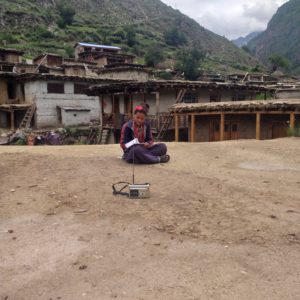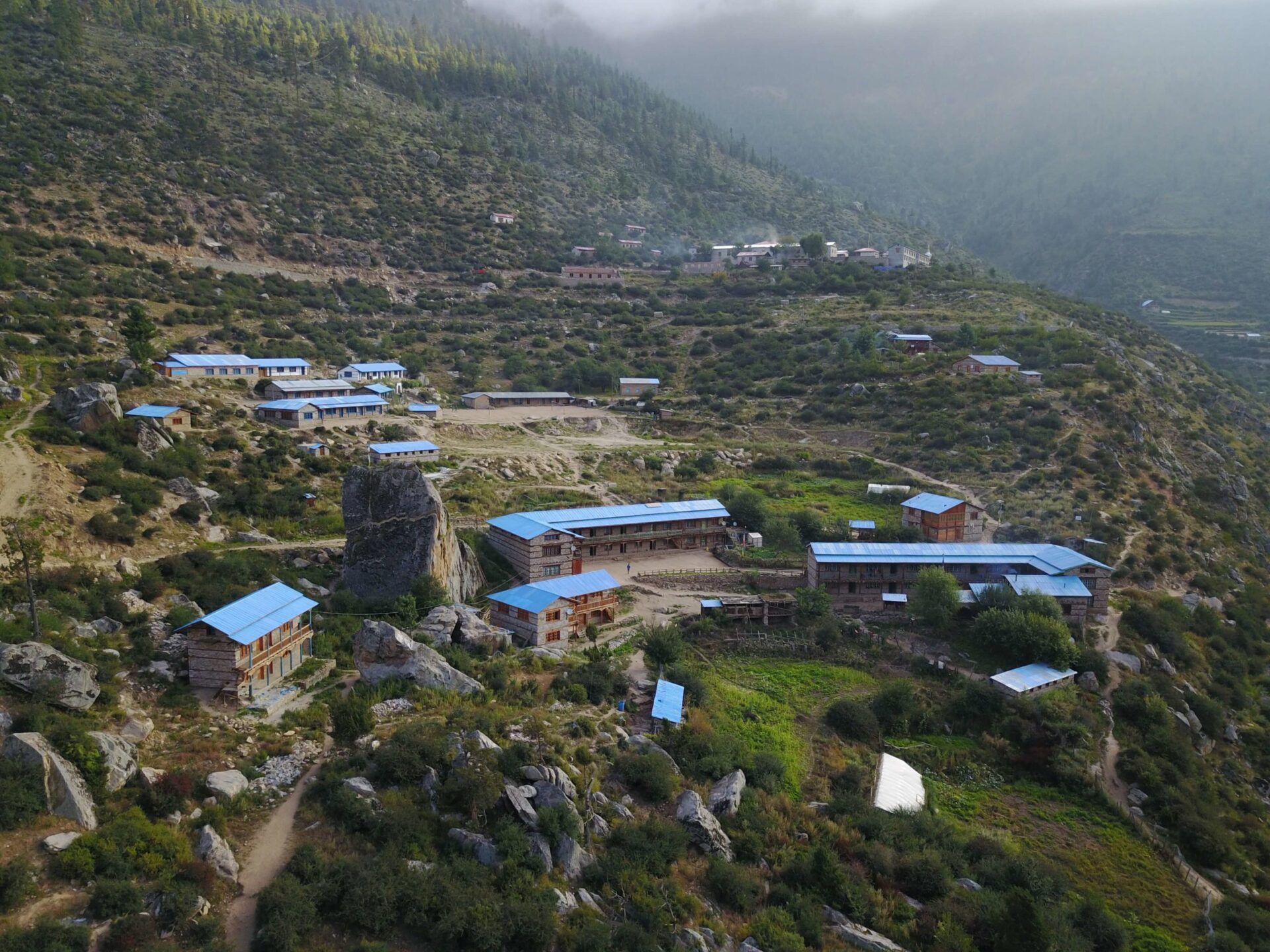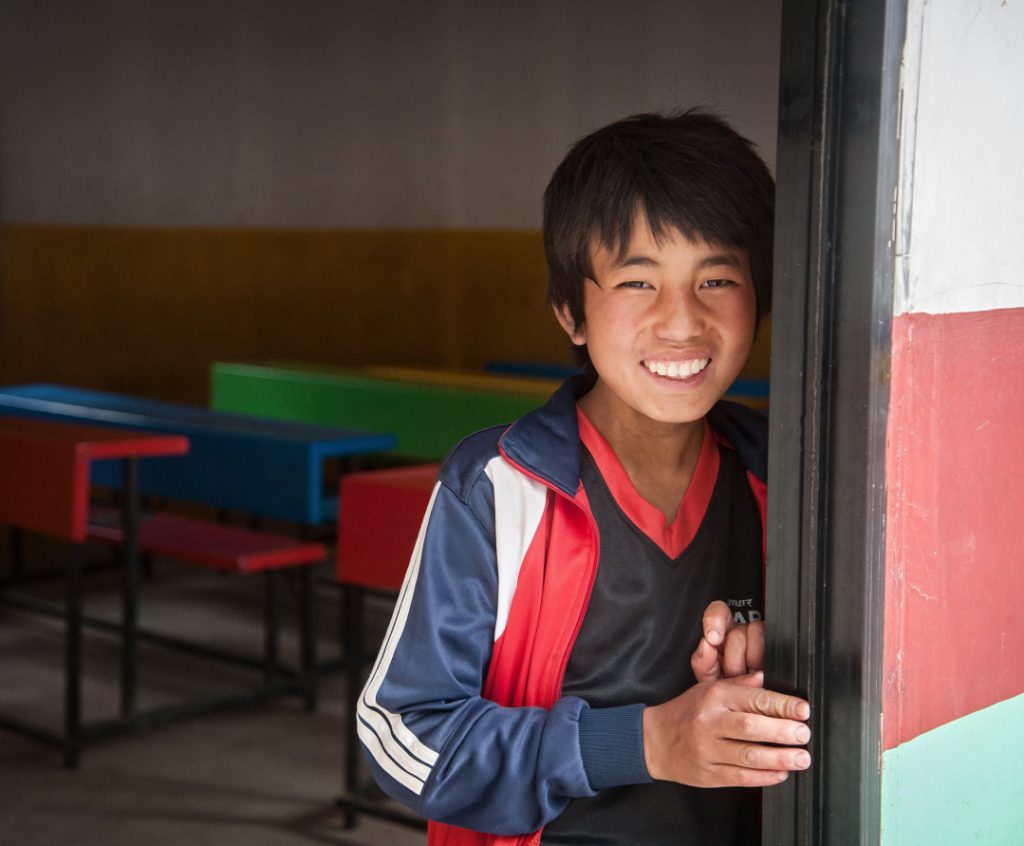When schools across the globe closed their doors in early 2020 due to COVID-19, 15-year-old Sarita had never heard of the words ‘quarantine’ or ‘lockdown’. Little did she know that in just a few short weeks those words would become a regular part of her vocabulary.
“We were just at the start of our new school year and then suddenly all schools were closed due to the COVID-19 pandemic,” says Sarita, who is in Grade 10. “Except some local teachers, all teachers from outside went back to their own homes. Now the school has been closed for a very long time.”
Sarita lives in remote Humla in Nepal, in the village of Chauganfaya. With few options for distance learning, she began spending her days helping her parents with household chores and looking after her younger siblings.
In between helping her family around the home, Sarita would regularly tune into her radio to hear updates on COVID-19 in Nepal. As she listened to the growing case numbers, she worried if she would ever be able to return to school. And she feared she was slipping behind.
“I used to do self-study when I was free. It was easy to learn some of the subjects like health, but it was difficult to understand subjects like math, English and science without a teacher’s help. So I was worried about my study.”

When Adara launched a distance learning programme over FM radio in May, Sarita was thrilled.
“This radio class was for Grade 10, with four subjects being taught by the teachers via radio. With this news, I was very happy and so was my father, because we have radio in our home.”
This programme ensured that thousands of students like Sarita were able to continue learning, even while unable to attend school physically.
“Thank you for managing this radio class in this remote area where no other alternatives for education were possible,” Sarita says.

